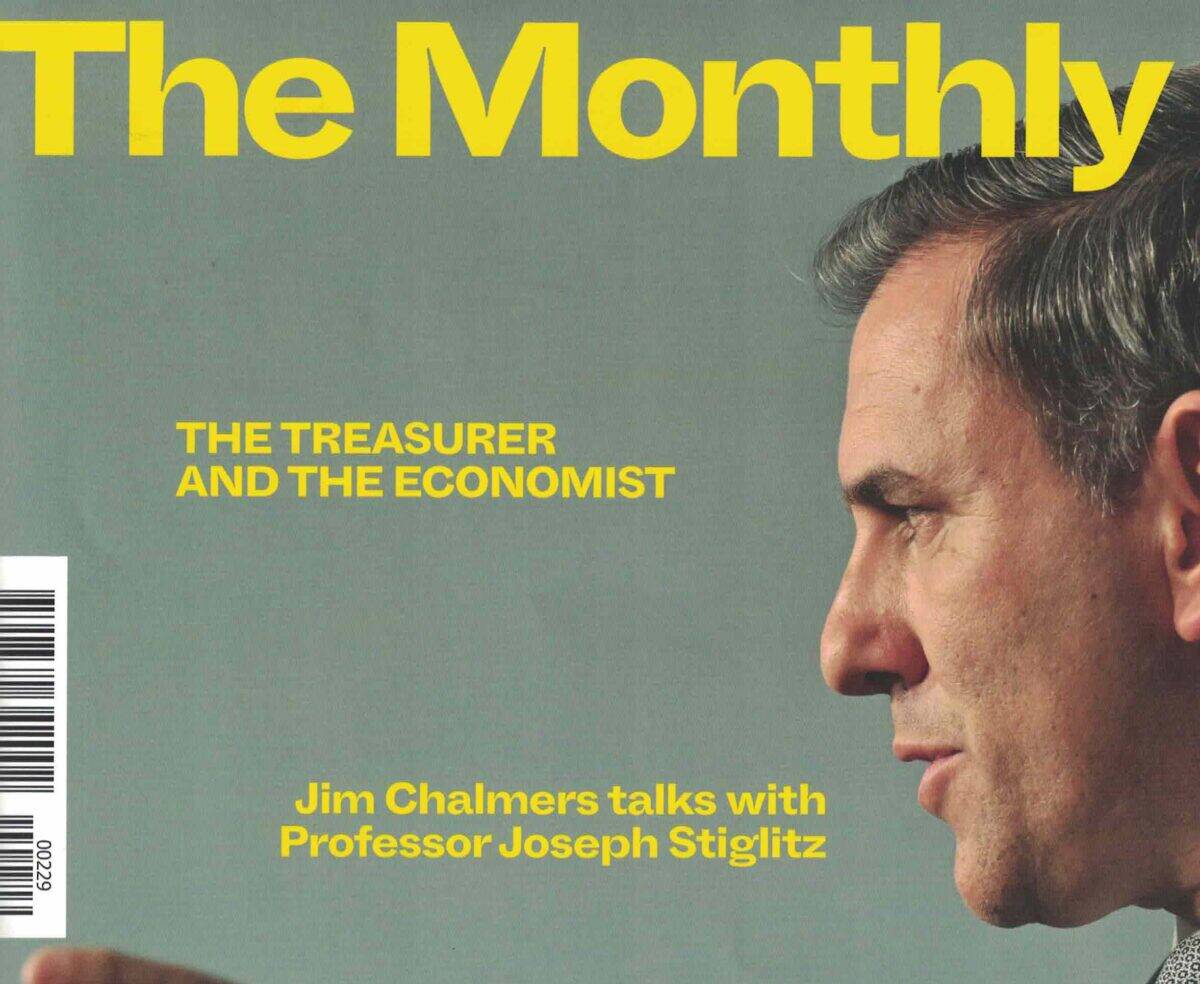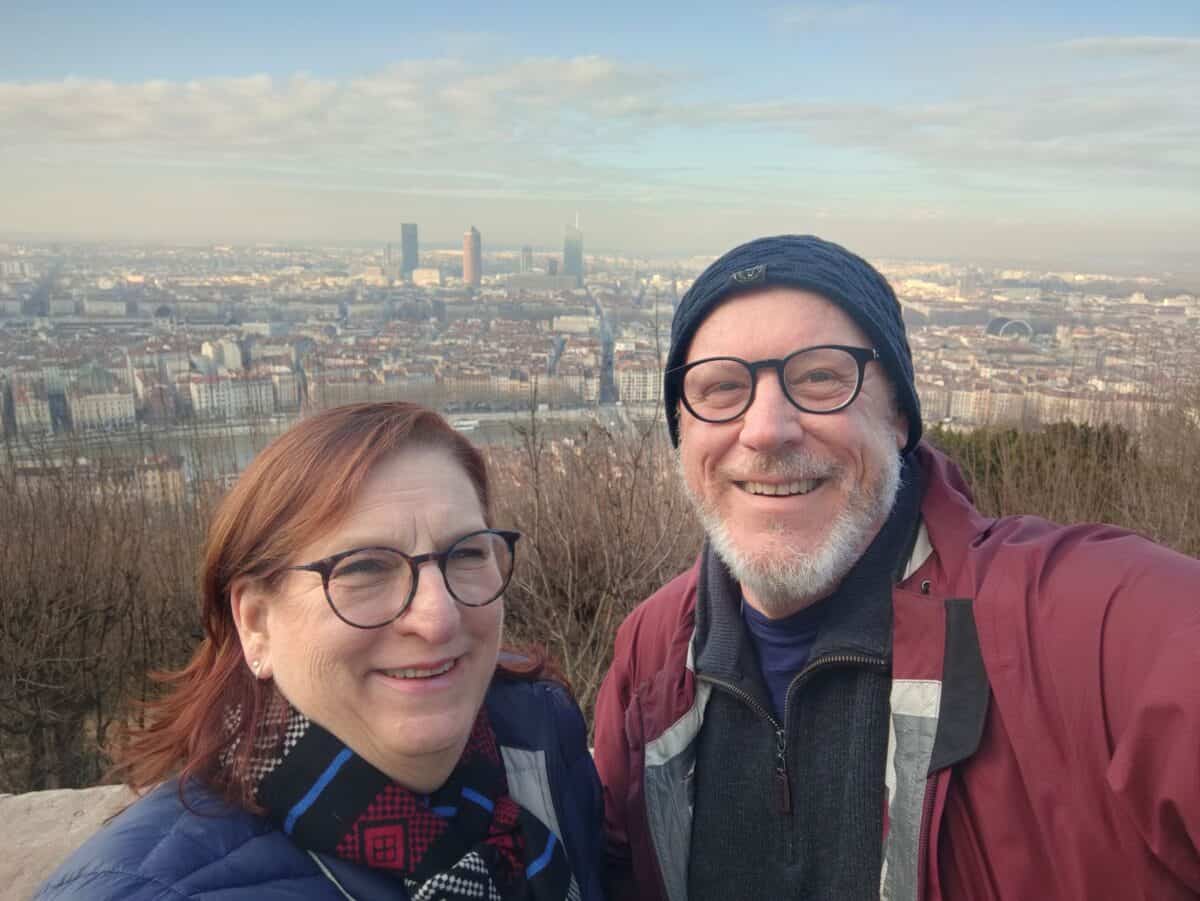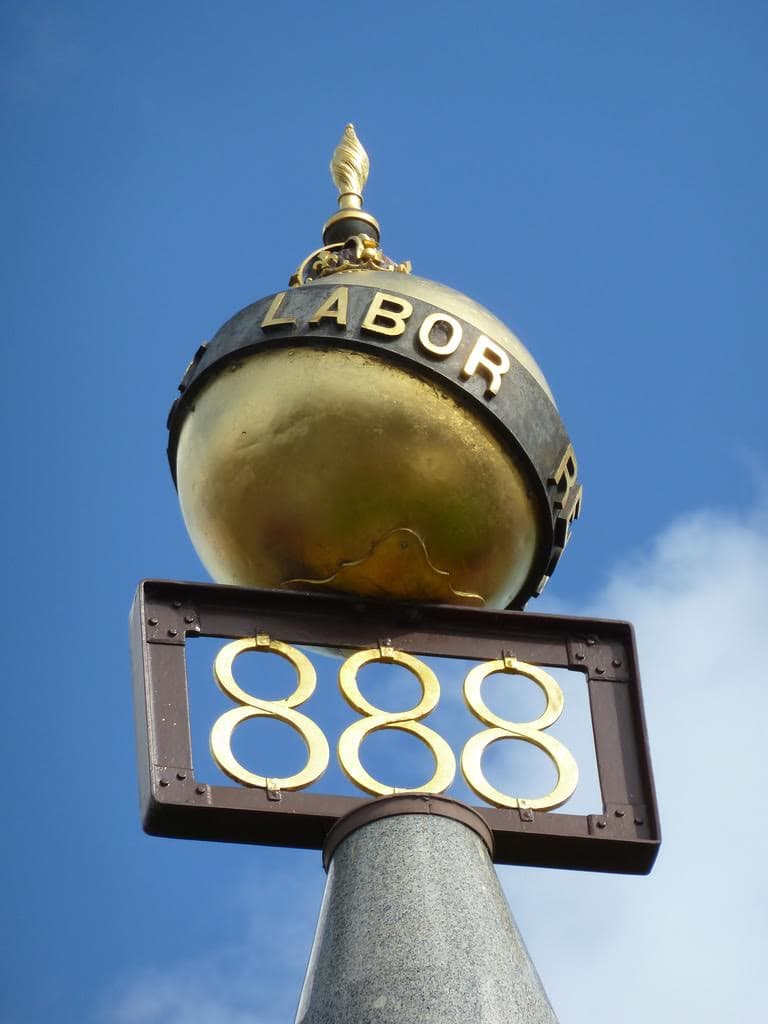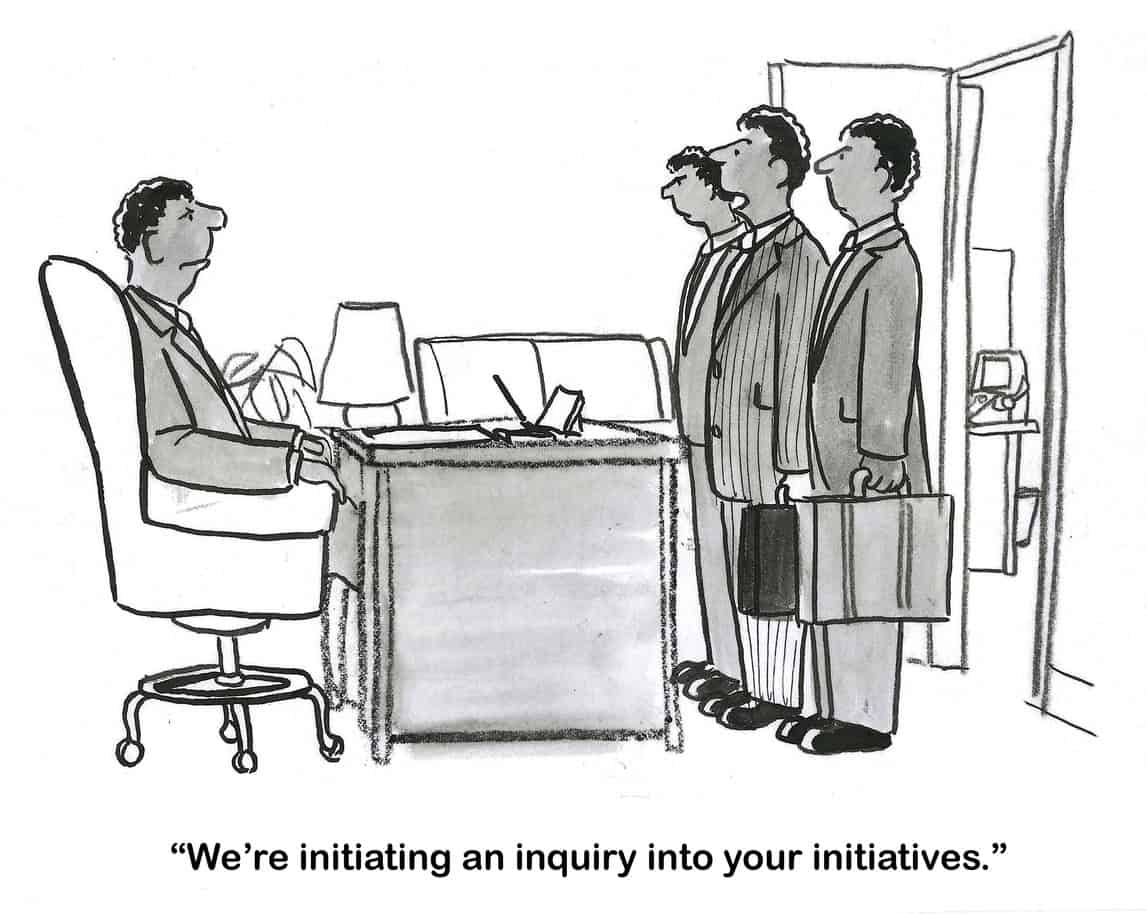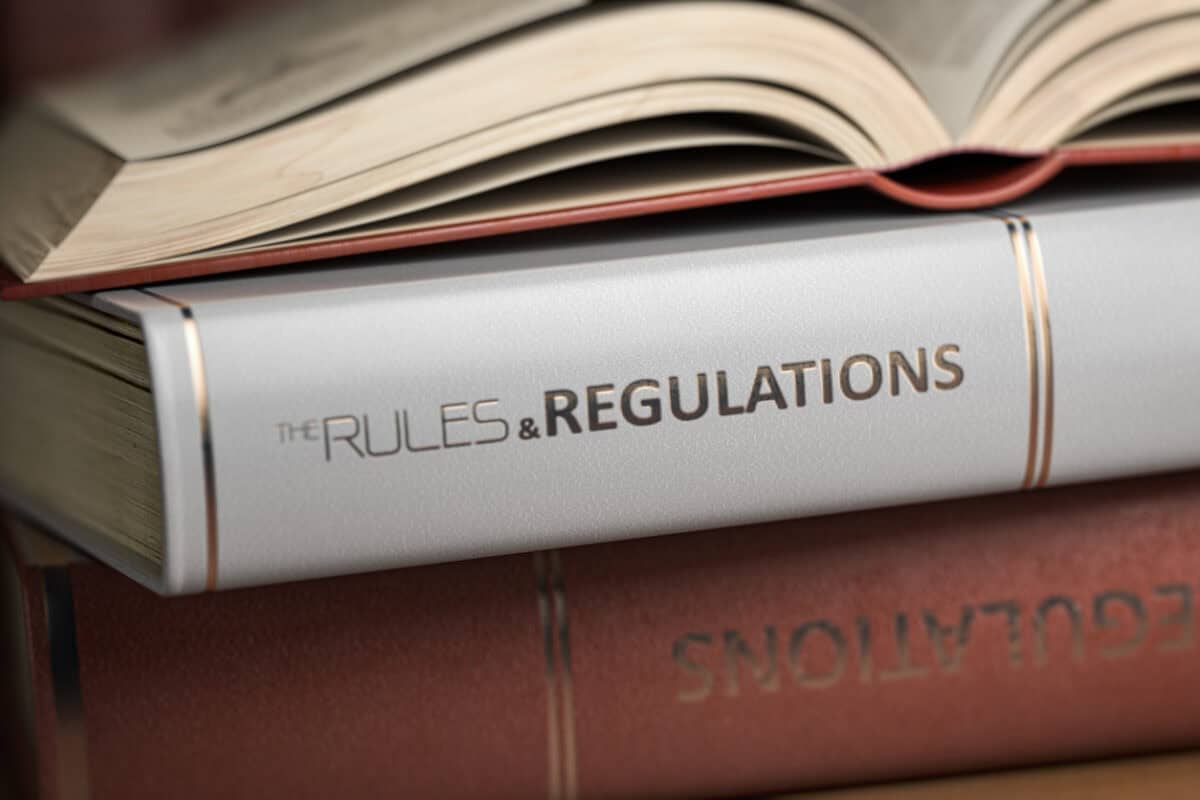Australian Treasurer Jim Chalmers and economist and Nobel Laureate Joseph Stiglitz are old friends. One of their conversations was turned into the lead article in the February edition of The Monthly (paywalled). Several of their thoughts impinge on how occupational health and safety (OHS) laws are applied and may be reformed.
Category: neoliberalism
Respect as a Social Obligation, Not Just a Workplace Duty
Most of you will have been able to determine some of my values from the thousands of articles I have written here, but sometimes it is worth stopping, reviewing and clarifying. I met a friend in Zurich of a different political leaning from mine last week who, in a simple way, confirmed some of my thoughts.
He said that we need to respect each other. This is not difficult, but it can create enormous conflict and anxiety, especially as we continue to learn how traditional categorisations and approaches are no longer valid and may never have been.
“reinvigorated in nerve and muscle” – working hours and OHS
Prominent in some of Australia’s political and economic debates are issues related to hours of work. This may be associated with the four-day work week, the five-day work week in construction, working from home, or the general debate about productivity, whatever definition you prefer, and there are many.
With the political backdrop of the government’s Economics Roundtable, a very timely new book by Sean Scalmer – “A Fair Day’s Work – The Quest to Win Back Time” was published.
Bananas, Bench Press, and Bull – A Health Program for the Already Healthy
Researcher William Fleming found that there is little evidence to support the claim that workplace wellness programs provide the health benefits typically promised. That research from a couple of years ago still resonates, but Fleming has continued to research corporate wellness programs and is broadening his discussion. The latest research paper, “Health lifestyles at work: availability, barriers and participation in workplace wellness”, is a deeper analysis of the social context of wellness programs and why employers use them.
Regulations: Addressing Market Failures and the Myth of Free Markets
Recently, Federation Press published a weighty tome written by Arie Freiberg called “Regulation in Australia. 2nd Edition“. For those of you who are legislative junkies and can quote sections of occupational health and safety (OHS) law, you will love this, as it examines the mechanics of regulation, not just those of Industrial Relations or OHS. And there is some powerful context to market failures that often lead to new regulations, a perspective shared with Naomi Oreskes and Erik M Conway in their 2024 book, “The Big Myth“.
Stakeholder vs. Shareholder: The Capitalism Clash Shaping Safer Workplaces
Elements of Andrew Hopkins’ latest book have been spinning in my head for a couple of weeks as they echo my thoughts on occupational health and safety (OHS) over the last few years. I cannot shake his discussion of stakeholder capitalism and shareholder capitalism. These two elements of business management are crucial to our understanding of OHS and how we should proceed, particularly in relation to psychological health.
Boeing’s failures illustrate fundamental flaws in modern business values
Andrew Hopkins’ new safety and management book has landed. It is perhaps his most powerful critique of modern safety-related corporate management as he identifies “big picture” socioeconomic and political factors that directly affect executive decisions. By examining the 737 MAX aeroplane crisis of over 340 customer deaths that Boeing could have prevented, Hopkins discusses the hazardous managerial ideologies that have been idolised and are likely to be present in most companies created in the last 40 years.
The book has aviation in the title, but this is far more than a book about aeroplanes.

